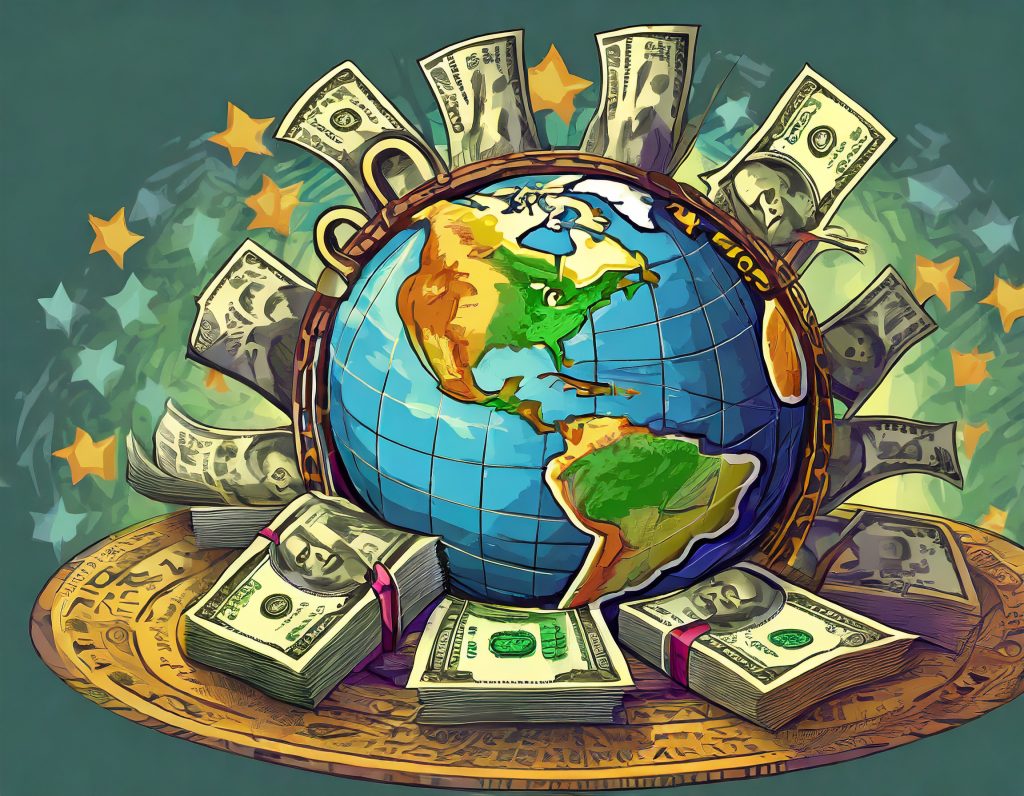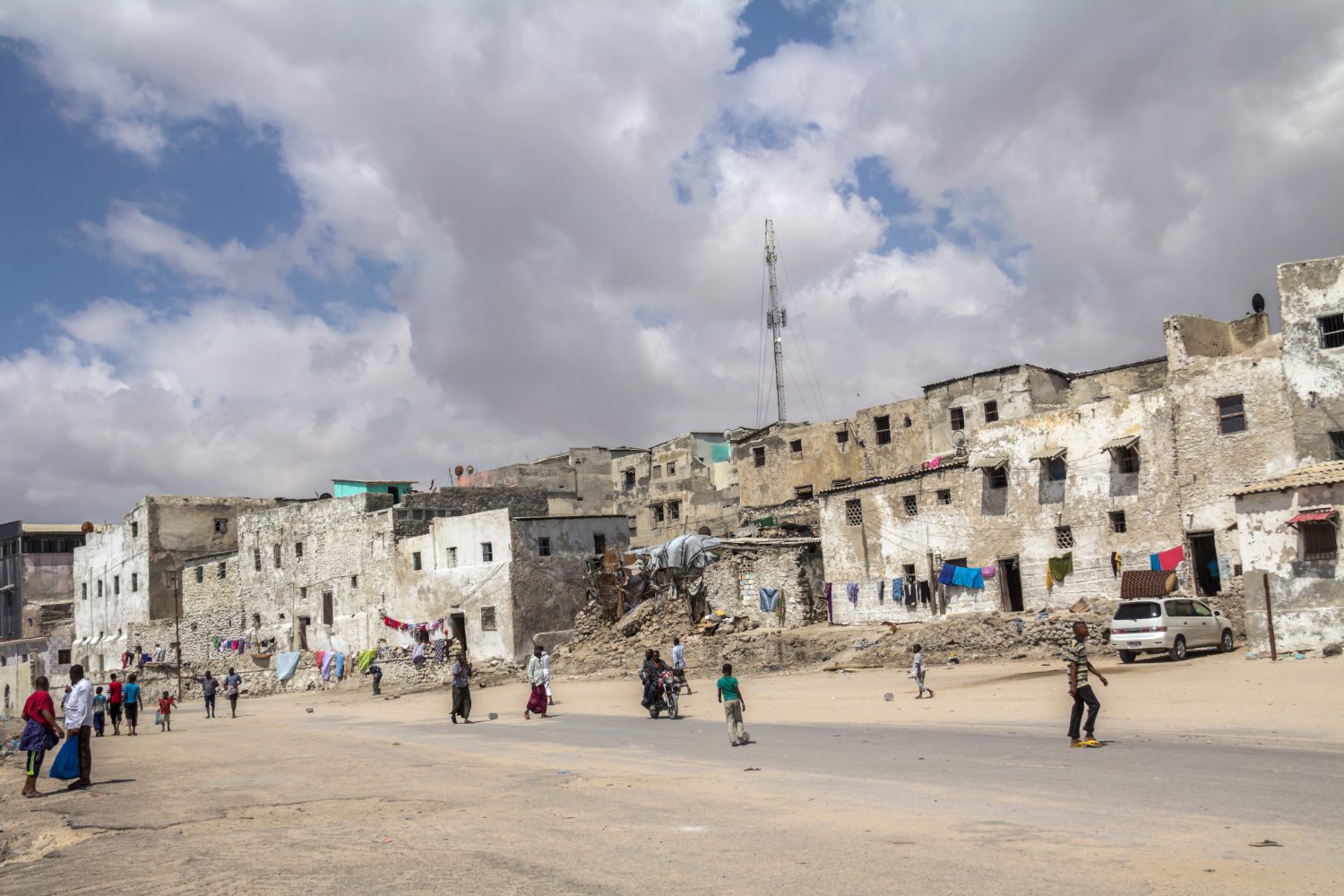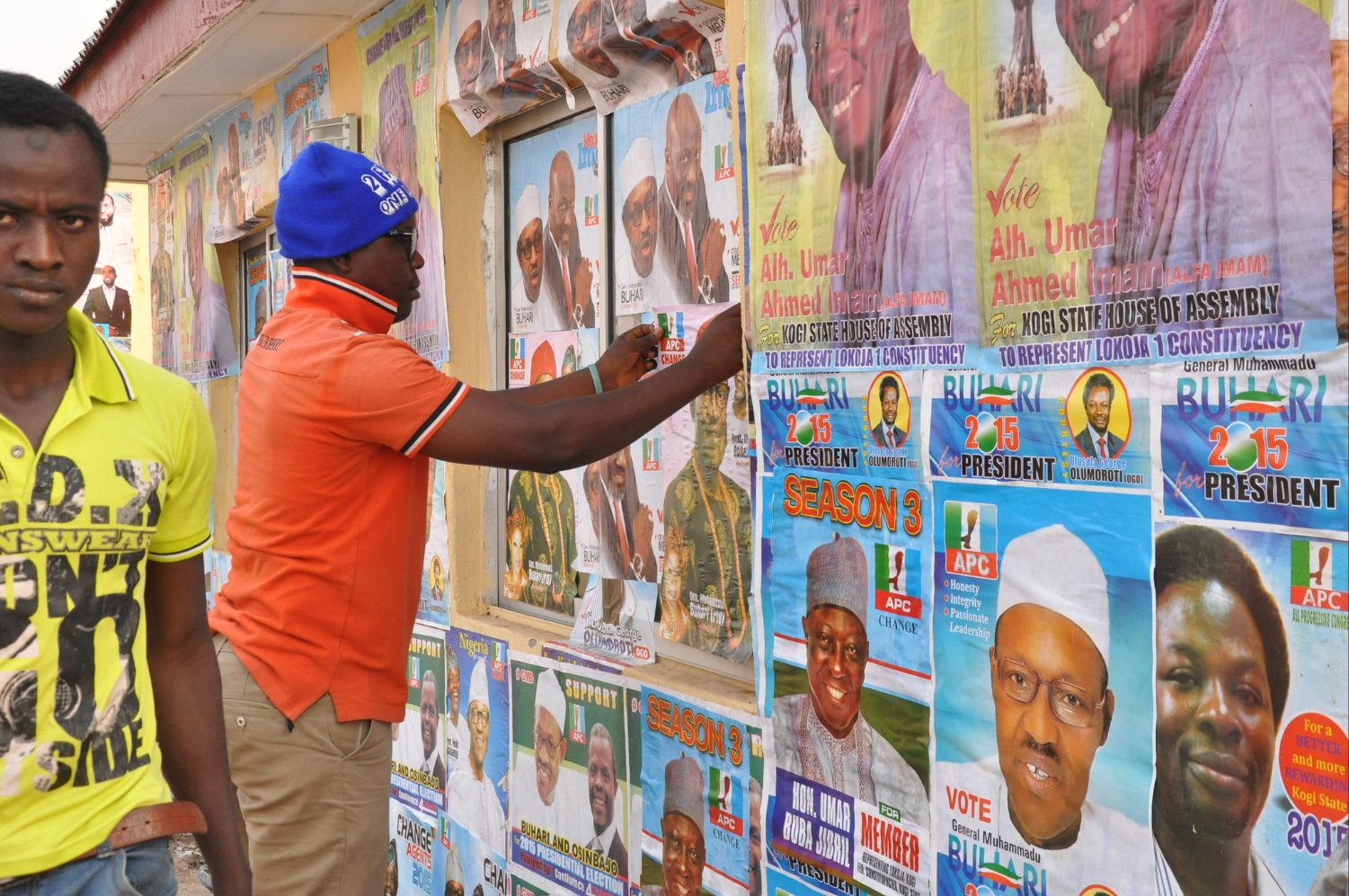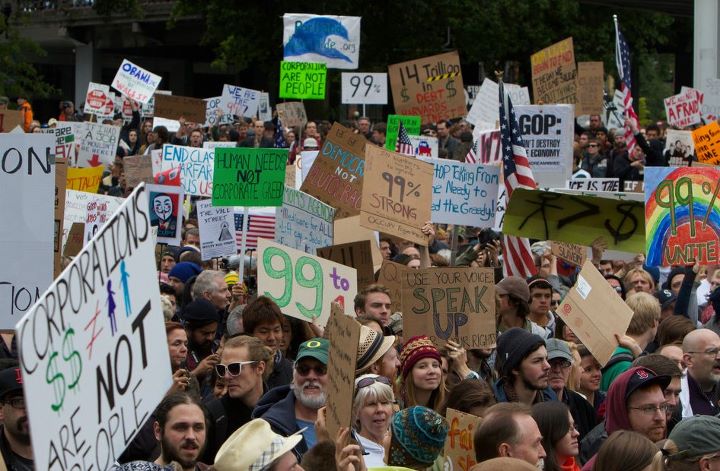Money makes the political world go round. But what about the money obtained through corrupt means? Where does this fit into the picture? When we think of corruption, we often think of the politicians who use their position to make themselves, their family, or their friends wealthy. However, this is only part of the picture. In weakly institutionalized political systems – countries like the Democratic Republic of the Congo, Somalia, Iraq, Nigeria, and Venezuela – corruption is a core feature of the elite deals that define their politics. In these countries, corruption is part of the political process.
In this new research paper, I explain how corruption can serve a political function in these contexts, and why it has become so deeply entrenched. I also discuss the implications this has for reshaping the ways we conceptualize and approach addressing corruption.
This report is based on political marketplace case studies from Latin America, the Middle East and North Africa, Sub-Saharan Africa, and Southeast Asia. It seeks to provide researchers, practitioners, and policymakers with analytical tools to better understand the political role of corruption so that we are better equipped to address corruption in these contexts.
Key Points in the Paper
1. Holding political power in weakly institutionalized political systems requires resources to make deals within and outside of formal institutions. Corruption is one way actors amass the resources to afford the dealmaking politics.
In weakly institutionalized political systems, corruption is driven is driven not just by economic, social, or practical factors, but also by political ones. Holding and exercising political power in these contexts requires resources to make deals within and outside of formal institutions. In essence, achieving political power requires a political budget, meaning funds actors use to buy political loyalty and services. For those who are not independently wealthy, engaging in corruption is one way to amass a political budget (or repay a patron). This political role of corruption is different from corruption as a means of self-enrichment, though the two often happen in parallel and both undermine the common good. However, understanding the difference between these functions is key because each requires different programmatic and policy responses.
2. We need to move from opposing corruption (“anti”) to transforming it. Doing so embraces a more realistic understanding of the drivers and appropriate responses.
Anti-corruption implies a focus on opposing a specific kind of behavior. Given the many factors that drive corruption and the functions that it fulfills—especially within systemically corrupt environments—this narrow aperture is analytically and pragmatically insufficient. I argue that a shift is needed: moving from simply opposing corruption (anti-corruption) to transforming it. Corruption transformation is about transforming how the political system operates so that corruption is not a necessary feature of politics or daily life. Shifting to a transforming corruption mindset changes the types of questions we ask and the policy and programmatic solutions that can be brought to bear. This emphasizes a robust analysis of the factors driving corruption within a particular context, drawing on the multiple conceptual frameworks outlined in the paper, and an open consideration of how to address those factors.
3. The Political Marketplace Framework offers key analytic tools for understanding the political function of corruption and formulating responses.
The political marketplace framework (PMF), a theory of politics developed by Alex de Waal based on the ‘real politics’ in the Horn of Africa, offers a practical toolkit for analyzing the political role of corruption. The PMF includes several conceptual tools – political budgets, political budget exposure, demanded goods, and the price of loyalty and violence – to examine how political finance, meaning the overall money flows through the political system to facilitate deals, fund patronage networks, and purchase the previously described political services. Applying these concepts to a country like Nigeria or Sudan can illuminate who has power, where the power is coming from, and how secure an actor’s hold on power may be. From this, the actual shape of the political system, levers of power, along with potential leverage points to transform corruption, begin to emerge.
Corruption is one of the most significant threats to global peace and security in the 21st century. It robs citizens of their voice in government, undermines the rule of law, and is a driver of violent conflict. While it may be part of how politics operate in weakly institutionalized countries, corruption is hugely destructive. Moreover, it is extremely difficult to address. However, with a better understanding of the reality of how these political systems operate – including understanding the political role of corruption – we can better understand the challenges ahead and the paths that are more likely to lead to a different future.



